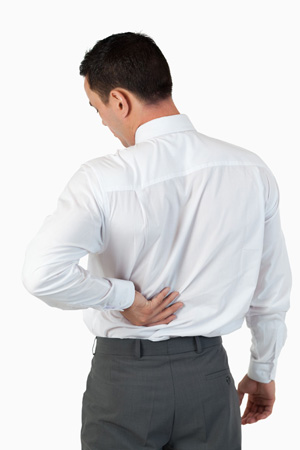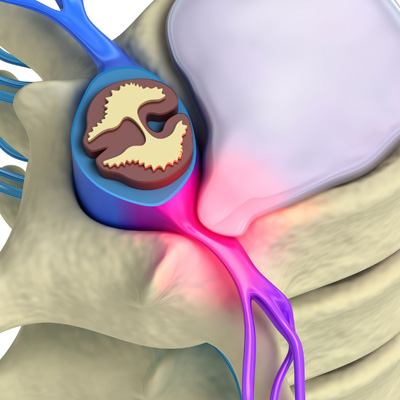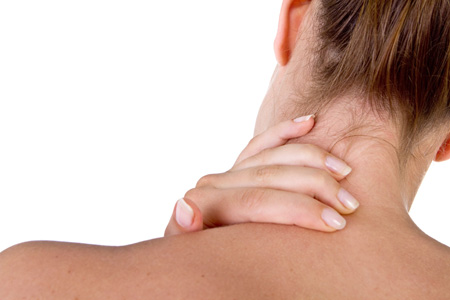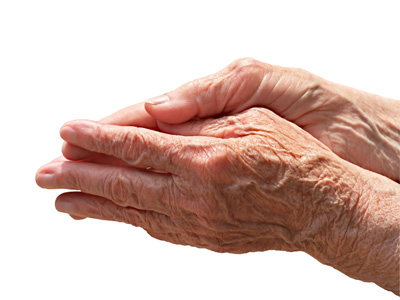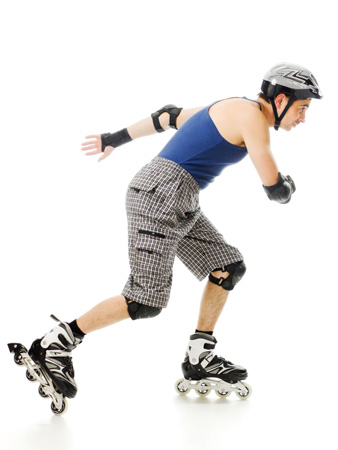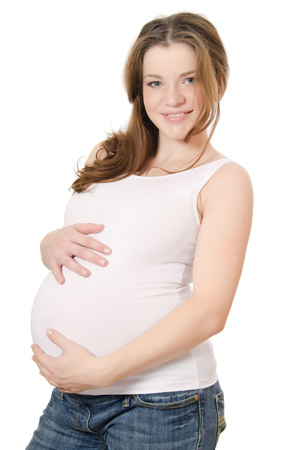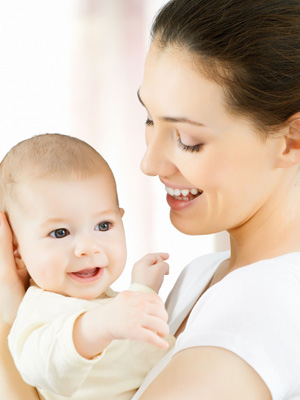Lowback Pain
Mechanical back pain is the most common form of back pain. It often involves the facet joints or sacro-iliac joints. Pain is usually in the lower back, but can reflect into the groin area, buttock or upper thigh. It can also be complicated by arthritic changes to the spinal joints. Response to chiropractic care is normally excellent.
Low back pain can have many causes. Apart from the joints and muscles of the low back, other organs such as the kidneys, bowel or prostate gland can cause back pain. If an organic cause is suspected you will be referred to a General Practioner for further assessment.
Sciatica
True sciatic pain occurs when the nerves that exit the spine at the lower lumbar joints become irritated. The pain typically radiates down the buttock and posterior thigh and then into the lower leg. Sciatica is commonly caused by a disc bulge (slipped disc) or herniation.
In its severe form this condition may require surgery; however, chiropractic can usually achieve very good results. In particular, Flexion Distraction or Sacro Occipital Techniques are very effective. (See description of techniques under 'About Chiropractic'). Disc bulges higher up in the lumbar spine can also cause Femoral Nerve irritation, which affects mostly the front of the thigh.
Some myofascial (connective tissue covering muscles) disorders can also cause leg pain. We always test for these conditions and manage them as required.
Neck & Shoulder Pain
The neck forms a very important part of the spine. Apart from holding the head above the shoulders and allowing us to move our head, it protects the spinal cord as it descends to the rest of the body. It is therefore of paramount importance to keep the neck functioning well. The neck is also very vulnerable to injury.
The nerves that supply the arms and shoulders exit the spinal canal in the lower neck. Whiplash injuries and other chronic problems associated with bad posture can lead to headaches, neck pain and symptoms in the shoulders, arms and hands.
Chiropractic is very effective in the management of most neck related problems.
Headaches
Headaches are common complaints that can be extremely debilitating. There can be many contributing factors that trigger headaches. The upper neck and upper back can be associated with some types of headache.
There have been several studies performed, which show that chiropractic can play a very important role in the management of headaches.
Arthritis
There are hundreds of types of arthritis. By far the most common form is osteoarthritis. This is a degenerative condition that leads to wear and tear in the joints. There is no treatment that can restore the damaged cartilage, but you may get significant relief from improving the function in affected joints.
Chiropractic can help regain some of the lost movement in arthritic joints. This can reduce discomfort and improve daily function.
Recurrent Muscle Strain
Many active people seem to suffer recurrent muscle strain injuries despite following rehabilitation and exercise recommendations. This can be due to the fact that nerve supply to the involved muscles is compromised, and parts of the muscle do not contract symmetrically.
Chiropractic addresses this problem by focusing on the restoration of a healthy nerve supply to the muscle rather than treating the muscle itself.
Pregnancy Aches
Pregnancy can increase the stress on a mother's back for two main reasons. The first is the biomechanical stress related to changing posture and weight distribution with advancing pregnancy. The other is the release of relaxin hormone, which is required to soften the joints of the pelvis in preparation for birth. This hormone softens many connective tissues forming the joints of the body and can lead to instability of the pelvis and joints.
Preganant women may enjoy significant benefit from chiropractic care.
New Mums
The birth process is very demanding for both mother and baby.
New mums can suffer with back-related problems after birth. Apart from the effects of the relaxin hormone, the mechanical stresses of bending over to care for the new baby and the postural stresses of breastfeeding can cause significant neck and back problems.
